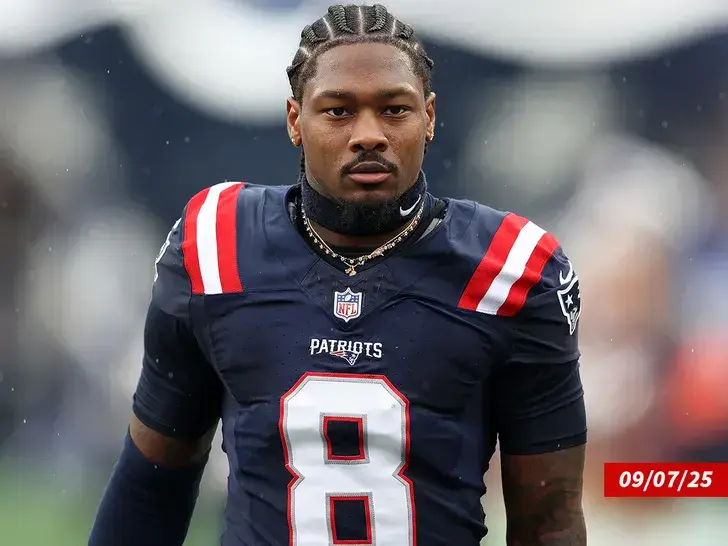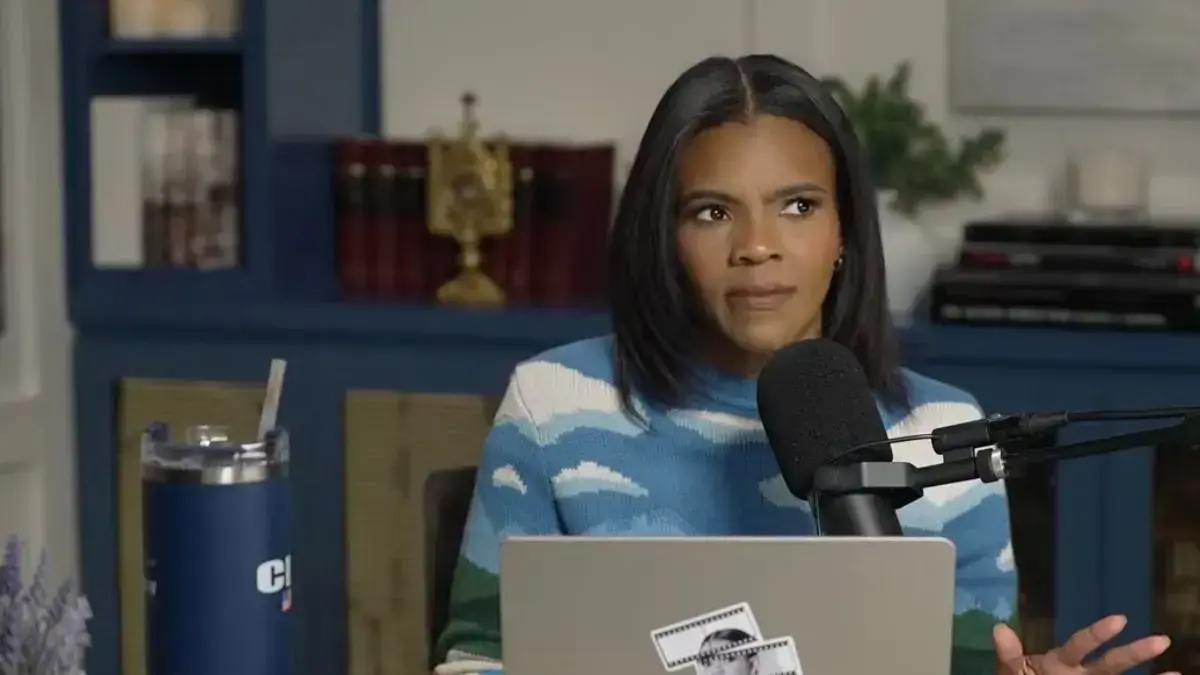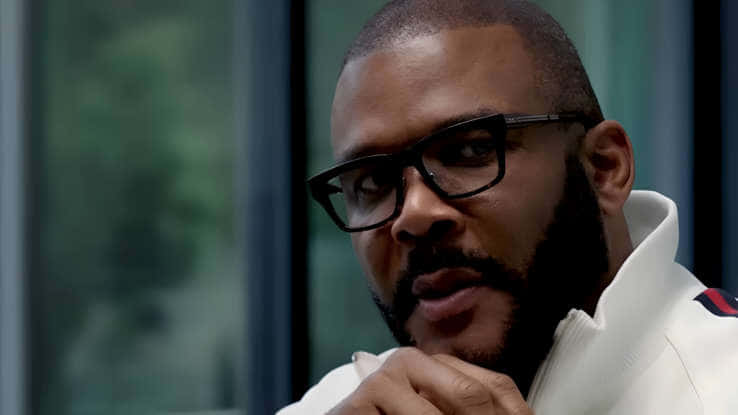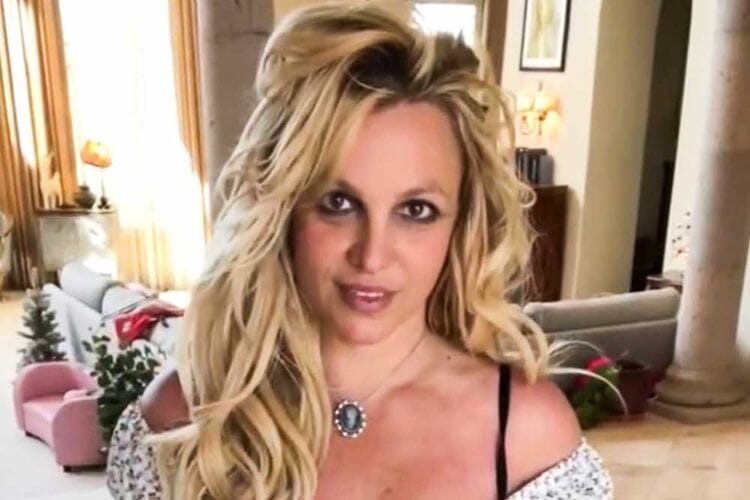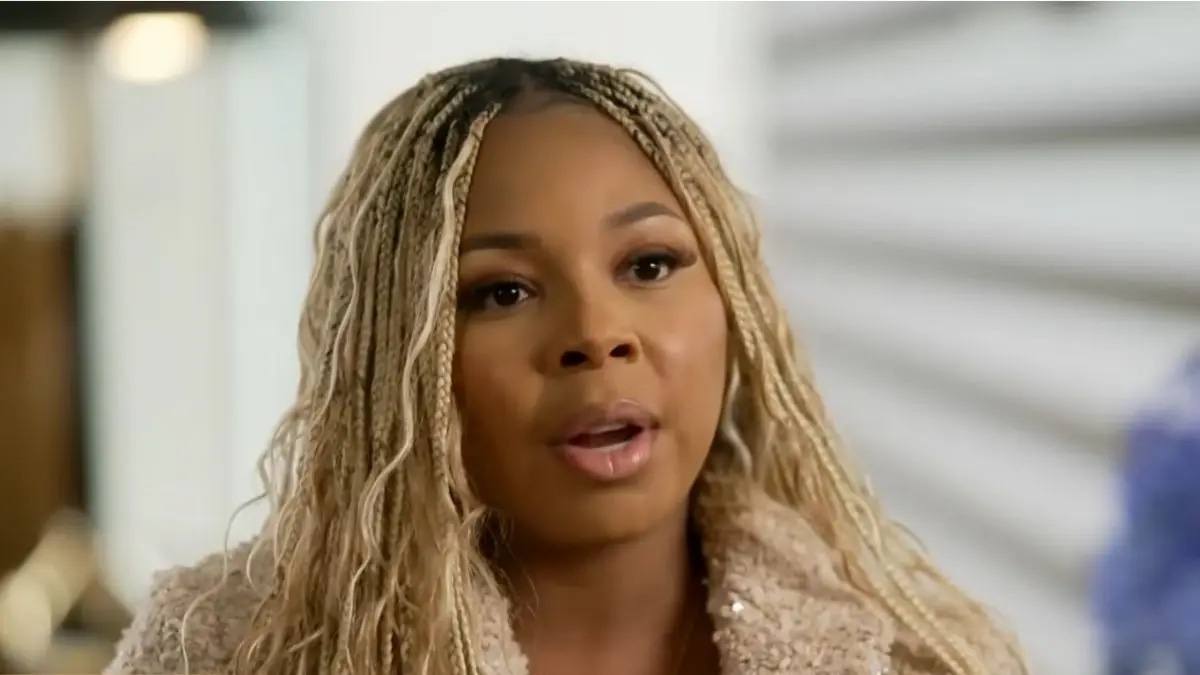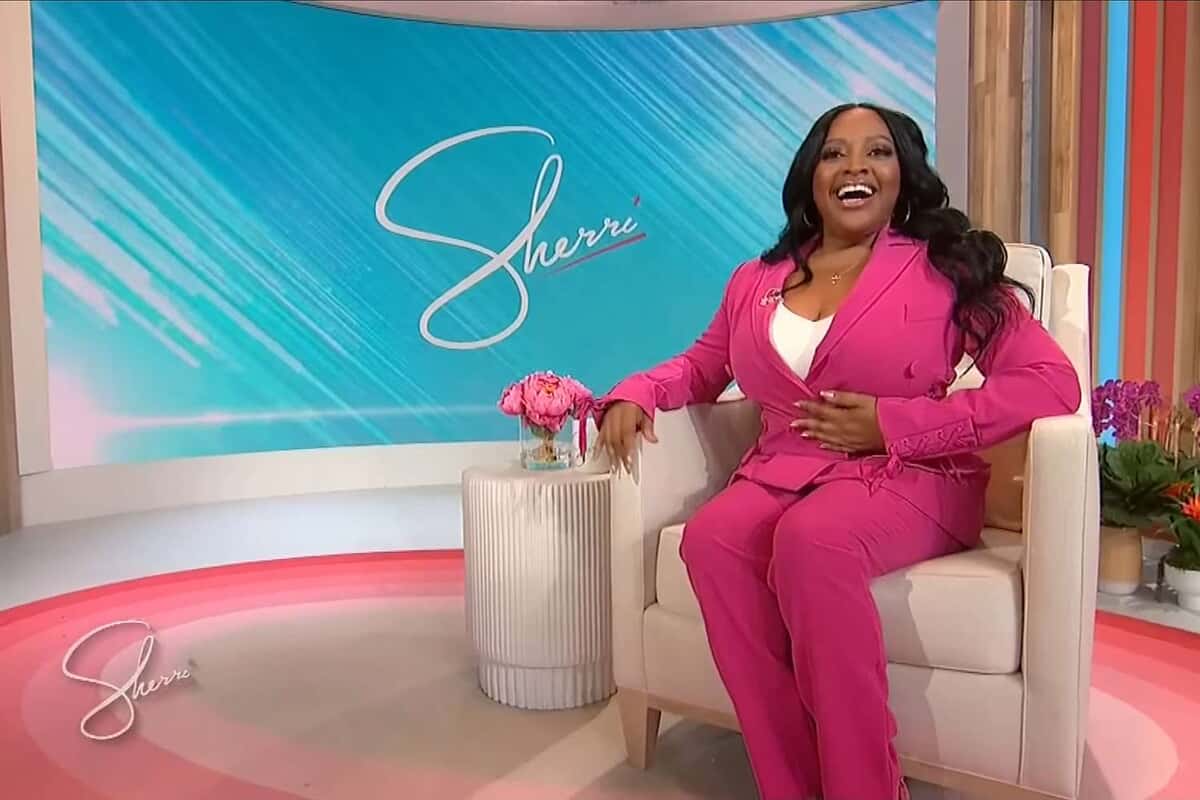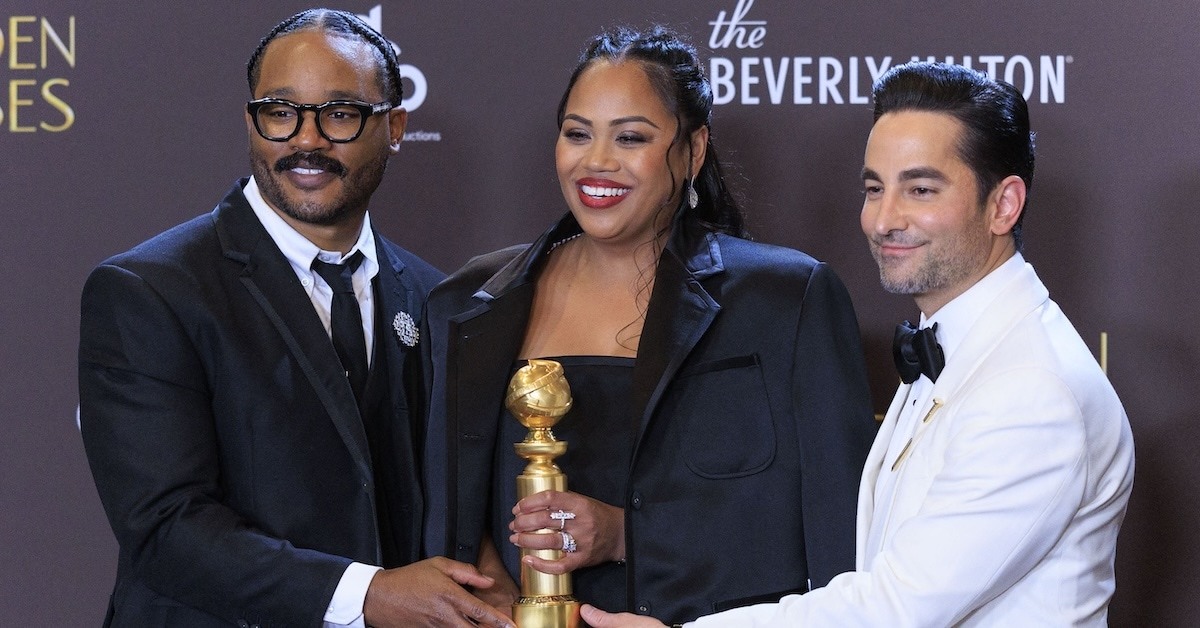BY: Denver Sean
Published 9 years ago
Hillary Clinton’s campaign has more African-American women working than any other presidential campaign in history — more than both of President Obama’s campaigns in 2008 and 2012.
The 38 women are stationed at her headquarters in downtown Brooklyn and their roles spread across the campaign in its entirety — as designers, accountants, senior policy advisers….the list goes on.
via NY Mag:
A conductor on this train is senior policy adviser Maya Harris, sister to California senate hopeful Kamala Harris and a political Goliath in her own right. She arrived at the campaign in April, fresh off a brief stint at the progressive think tank Center for American Progress, where she prophetically wrote about the importance of women of color in future elections. The Stanford-trained lawyer and former university dean helps shape the policies Clinton relays in stump speeches and debates.
When asked about the policies that would affect black women the most, Harris points to three main issues: the gender pay gap, support for small businesses, and criminal-justice reform. “When you talk about these things, they impact women of color in tremendous ways,” says Harris. “For example, an average women makes 80 cents on the dollar compared to white men. For African-American women it’s 63 cents on the dollar and for Latinas it’s 54 cents on the dollar. When you talk about ensuring equal pay for women, that will have a distinct and dramatic impact for women of color, for whom the wage gap is widest.”
Harris notes that African-American women make up the fastest growing sector within female entrepreneurship, and that the capital Clinton intends to make available if she were elected would help launch and grow their businesses. It’s a policy that will benefit everyone, but African-American women overwhelmingly so. And it’s reminiscent of when Obama privately rebuffed the notion that he didn’t support enough African-American-driven measures: “If I go out there saying ‘black, black, black,’ do you think that will help black people?” he remarked to several black leaders in 2011.
Hillary Clinton’s relationship with the black community — perceived as ambivalent at best and pernicious at worst — has snarled the narrative of her political stance for much of the current campaign. In 1994, she ardently supported her husband’s intensely punitive crime bill, which disproportionately affected African-Americans, and echoes of that era reverberated during the tense primary season. She’s also been haunted by a1996 speech where she engaged in the duplicitous game of dog-whistle politics. Latching on to coded language to describe black youth, she said: “They are often the kinds of kids that are called superpredators, no conscious, no empathy, we can talk about why they ended up that way, but first we have to bring them to heel.” No wonder some questioned her commitment to black America.
Who could have guessed that the man once dubbed “the first black president” would find himself in a such a racialized quandary? Yet there Bill was, so he apologized for the crime bill in an address to the NAACP in July 2015 — and because our society dictates that wives ought to accept equal blame for their husband’s actions, Hillary apologized as well during a primary debate.
But the seed had been planted. Though Hillary is wildly popular among older black voters, millennials are finding her a tough pill to swallow. By the end of May, she had amassed a lead over Bernie Sanders that ranged from 85 to 89 percent among black voters 45 and older, but lost the 29-and- under vote to Sanders. When it became clear she would become the party nominee, the Twitter generation vocalized their reluctance in hitching their support to her campaign with the hashtag #GirlIGuessImWithHer.
“Millennials don’t necessarily remember the Clinton administration in the ’90s in the way that you remember how much they attacked Hillary Clinton then,” notes Zerlina Maxwell, Hillary’s director of progressive media. “You know how we always talk about the concept of receipts? She has them — real, tangible working results that she’s worked toward to get for our community.”
Like Harris, Maxwell went to law school before immersing herself in the rippled pool of politics. She was a field organizer during Obama’s 2008 campaign and was elevated to social-media celebrity during the 2012 election when her informed political tweets took flight. In the off-season, she grew her profile by functioning as a political analyst on cable news and a contributor to publications like the Washington Post, Essence, and Feministing.
Maxwell’s well-documented advocacy against sexual assault is both potent and prescient. During a 2013 appearance on Fox’s Hannity, she presented the audacious suggestion that men ought to be taught not to rape as a practical tool in preventing sexual assault. Hannity was incredulous. His suggestion: Arm women with guns — never mind, as Maxwell pointed out, that most sexual assaults are committed by someone the victim already knows.
Maxwell’s role in the Clinton campaign places her firmly in her old stomping grounds. She relays key campaign messaging to “influencers,” as she calls them, such as popular feminists on social media, and she also pitches progressive media outlets for coverage. “Being a black woman in this campaign, it’s a lot, especially given what’s going on all in the news with black people, and especially when you’re running against Donald Trump, which can sometimes be emotionally exhausting. But that just makes the work here more important.”
For more on the incredible Black women working on Hillary Clinton’s campaign, click here.

